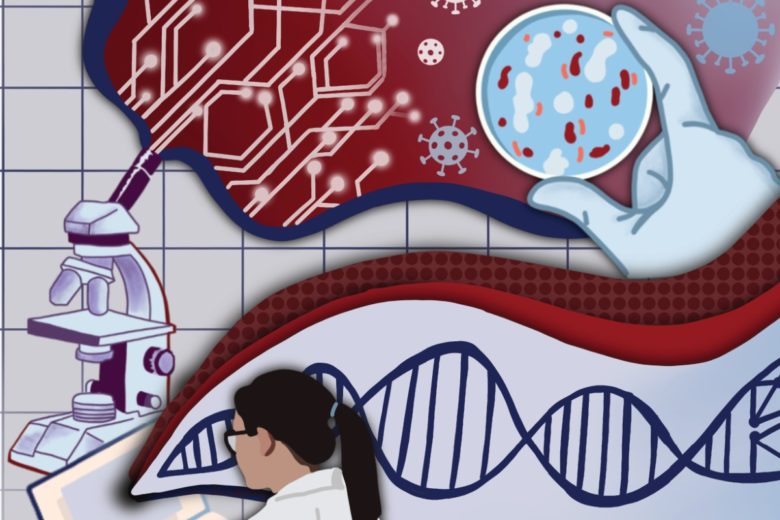
Therapies that use engineered cells to treat diseases, infections and chronic illnesses are opening doors to solutions for longstanding medical challenges. Lukasz Bugaj, Assistant Professor … Read More ›

Therapies that use engineered cells to treat diseases, infections and chronic illnesses are opening doors to solutions for longstanding medical challenges. Lukasz Bugaj, Assistant Professor … Read More ›

In 2005, John Ioannidis published a bombshell paper titled “Why Most Published Research Findings Are False.” In it, Ioannidis argued that a lack of scientific … Read More ›

The National Science Foundation’s Research Traineeship Program aims to support graduate students, educate the STEM leaders of tomorrow and strengthen the national research infrastructure. The … Read More ›

The Penn Center for Precision Engineering for Health (CPE4H) was established late last year to accelerate engineering solutions to significant problems in healthcare. The center … Read More ›

The human heart beats more than two billion times in an average lifespan. The aorta’s tissue is strong enough to withstand this stress, yet flexible … Read More ›

Carbon is continuously being pumped into the atmosphere at a rate of 50 billion tons per year. Achieving net zero by 2050 will not be … Read More ›

Learning is ubiquitous in nature, and the way systems adapt to new circumstances exhibits some striking similarities. At the microscopic scale, networks of proteins control … Read More ›

Artificial intelligence (AI) plays an important role in many systems, from predictive text to medical diagnoses. Inspired by the human brain, many AI systems are … Read More ›

The rise of technology is both exciting and daunting as it has positive and negative implications on our society. One field that stirs up particularly … Read More ›

Reaching our carbon emission goals requires efforts on all fronts of carbon management; decreasing carbon emissions, capturing carbon and storing carbon. Traditionally, cost and resource … Read More ›